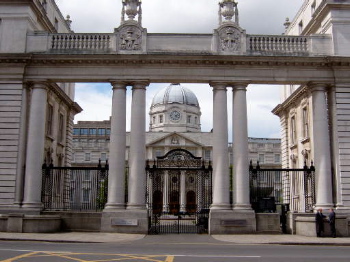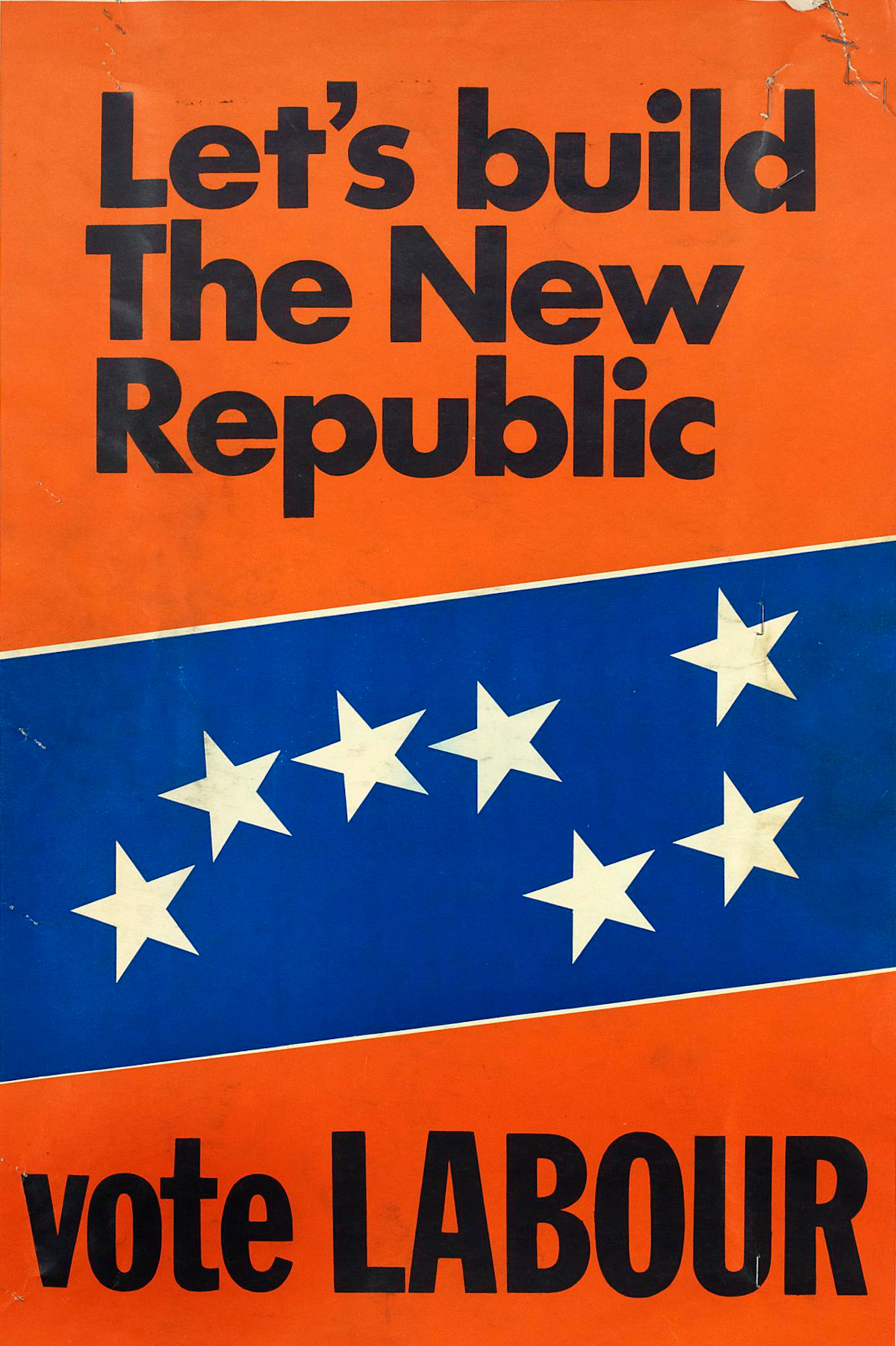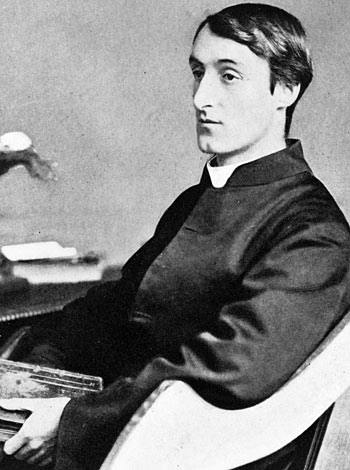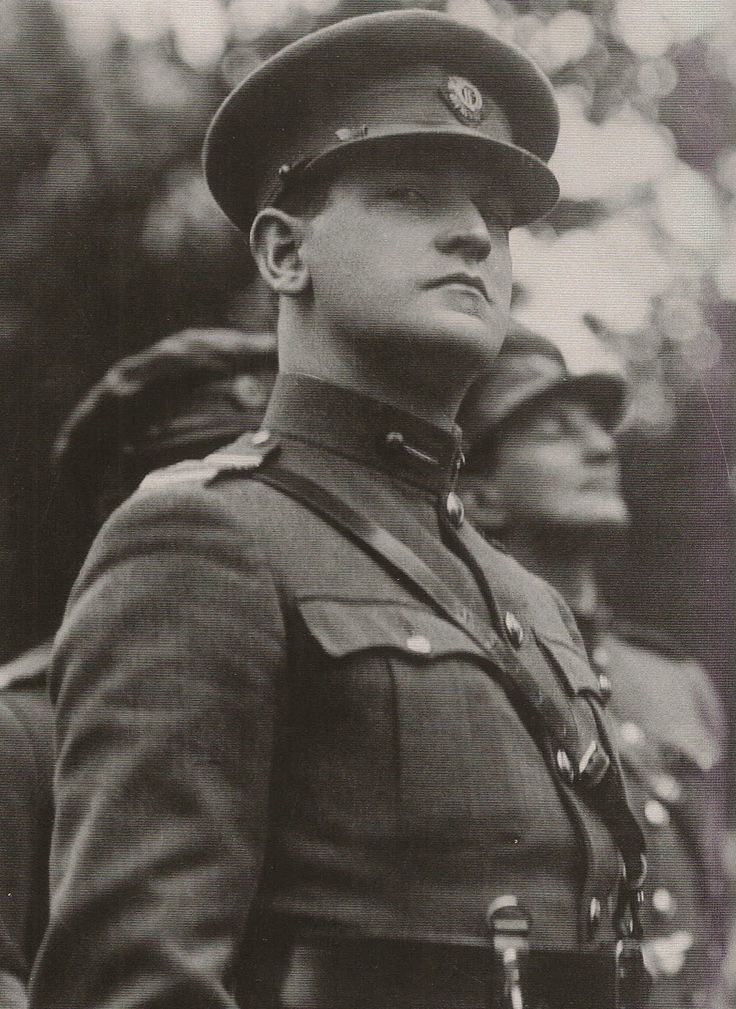|
Richie Ryan (politician)
Richard Ryan (27 February 1929 – 17 March 2019) was an Irish Fine Gael politician who served as Minister for Finance and Minister for the Public Service from 1973 to 1977 and a Member of the European Court of Auditors from 1986 to 1989. He served as a Member of the European Parliament (MEP) from 1977 to 1986. He served as a Teachta Dála (TD) from 1959 to 1982. Background Ryan was born in Dublin in 1929. He was educated at Synge Street CBS, University College Dublin (UCD), where he studied economics and jurisprudence, and the Law Society of Ireland, subsequently qualifying as a solicitor. A formidable orator, at UCD he was auditor of the Literary and Historical Society (the L&H) and subsequently of the Solicitors Apprentice Debating Society (1950), and won both societies' gold medals for debating. He served as an Honorary Vice-president of the L&H. After qualifying, Ryan worked for several solicitors' firms before establishing a private practice in Dame Street in Dublin, i ... [...More Info...] [...Related Items...] OR: [Wikipedia] [Google] [Baidu] |
Minister For Finance (Ireland)
The Minister for Finance () is a senior minister in the Government of Ireland. The Minister for Finance leads the Department of Finance and is responsible for all financial and monetary matters of the state; and is considered the second most important member of the Government of Ireland, after the Taoiseach. The current office holder is Paschal Donohoe, TD. He is assisted by one Minister of State Robert Troy, TD. Overview The Minister for Finance holds the second most important ministerial position in the Irish Cabinet after that of the Taoiseach. The minister is in charge of the Department of Finance responsible for all financial matters in Ireland. It is one of three positions in the government which the Constitution requires to be held by a member of Dáil Éireann, the other two being Taoiseach and Tánaiste. Ministers for finance who later became Taoiseach include Jack Lynch, Charles Haughey, Albert Reynolds, John Bruton, Bertie Ahern and Brian Cowen. The departme ... [...More Info...] [...Related Items...] OR: [Wikipedia] [Google] [Baidu] |
1969 Irish General Election
The 1969 Irish general election to the 19th Dáil was held on Wednesday, 18 June, following the Dissolution of Parliament, dissolution of the 18th Dáil on 22 May by President of Ireland, President Éamon de Valera on the request of Taoiseach Jack Lynch. The general election took place in 42 Dáil constituencies throughout Ireland for 144 seats in Dáil Éireann, the house of representatives of the Oireachtas, with boundary changes under the Electoral (Amendment) Act 1969. The governing Fianna Fáil won its fourth successive election. The 19th Dáil met at Leinster House on 21 April to nominate the Taoiseach for appointment by the president and to approve the appointment of a new government of Ireland. Lynch was re-appointed Taoiseach, forming the 13th government of Ireland, a single-party majority Fianna Fáil government. Campaign The general election of 1969 saw two new leaders of the two main parties fight their first general election. Jack Lynch of Fianna Fáil had become T ... [...More Info...] [...Related Items...] OR: [Wikipedia] [Google] [Baidu] |
Literary And Historical Society (University College Dublin)
The Literary and Historical Society (L&H) is the oldest society in University College Dublin (UCD), which according to its constitution is the 'College Debating Union'. Founded in 1855 by Cardinal John Henry Newman, as of 2017 it had over 5000 enrolled members, and has been the largest student society in UCD. History The L&H was founded in 1855, a year after the foundation of the Catholic University of Ireland, the precursor to UCD. Both the university and the debating society were founded by Father John Henry Newman (future Cardinal Newman). One of the society's most famous members from this era was James Joyce, who presented his paper "Drama and Life" before a crowd of assembled members in 1900. A number of the college's societies, including the UCD Student Union itself, can trace their roots to the L&H. In 1961, the L&H was temporarily "suspended" by the academic council of UCD. While the society's debates were originally held in the Physics Theatre in Earlsfort Terra ... [...More Info...] [...Related Items...] OR: [Wikipedia] [Google] [Baidu] |
Law Society Of Ireland
The Law Society of Ireland () is a professional body established on 24 June 1830 and is the educational, representative and regulatory body of the Solicitor, solicitors' profession in Republic of Ireland, Ireland. As of 2020, the Law Society had over eleven thousand solicitor members, a staff of 150 and an annual turnover of over €30m. It is headquartered in Dublin, Ireland's capital city. Under the Solicitors Acts 1954 to 2015, the Law Society exercises functions in relation to the education, admission, enrolment, discipline and regulation of the solicitors' profession. It is the professional body for its solicitor members, to whom it also provides services and support. Relationship with the Law Society of Northern Ireland Prior to the partition of Ireland, solicitors in what became Northern Ireland were regulated by the Law Society of Ireland. They are now regulated by the Law Society of Northern Ireland. Five seats on the Council of the Law Society of Ireland are reserved ... [...More Info...] [...Related Items...] OR: [Wikipedia] [Google] [Baidu] |
University College Dublin
University College Dublin (), commonly referred to as UCD, is a public research university in Dublin, Ireland, and a collegiate university, member institution of the National University of Ireland. With 38,417 students, it is Ireland's largest university. UCD originates in a body founded in 1854, which opened as the Catholic University of Ireland on the feast of Saint Malachy, St. Malachy with John Henry Newman as its first rector; it re-formed in 1880 and chartered in its own right in 1908. The Universities Act, 1997 renamed the constituent university as the "National University of Ireland, Dublin", and a ministerial order of 1998 renamed the institution as "University College Dublin – National University of Ireland, Dublin". Originally located at St Stephen's Green and National Concert Hall, Earlsfort terrace in Dublin's city centre, all faculties later relocated to a campus at Belfield, Dublin, Belfield, six kilometres to the south of the city centre. In 1991, it purchas ... [...More Info...] [...Related Items...] OR: [Wikipedia] [Google] [Baidu] |
Synge Street CBS
Synge Street CBS (colloquially Synger) is a boys' non-fee-paying state school, under the auspices of the Edmund Rice Schools Trust, located in the Dublin 8 area of Dublin, Ireland. The school was founded in 1864 by Canon Edward McCabe (bishop), Edward McCabe and Brother Edward O'Flaherty, as part of a mid-nineteenth century programme to expand the provision of Catholic schooling across the city, particularly for poorer boys. It was important in developing multiple new Congregation of Christian Brothers, Christian Brothers schools in the local area and beyond. Originally the school was part of the Christian Brothers monastery, but in 1954 new buildings were erected for primary pupils, and in 1964 for secondary pupils on Heytesbury Street. Although founded and largely known as an all-boys school, since 2016 it has offered co-educational Gaelscoil classes at primary level. Having been the second-largest school in the country in the 1950s, the school roll dec ... [...More Info...] [...Related Items...] OR: [Wikipedia] [Google] [Baidu] |
Cillian Ryan
Professor Cillian Ryan is an academic economist, professor emeritus and former pro vice-chancellor at Nottingham Trent University. Career Ryan received his BA and MA in economics from University College Dublin and his Ph.D. from the University of Western Ontario. From 2016-2024 he was pro vice-chancellor at Nottingham Trent University, holding a variety of portfolios including of Head of College of Business, Law & Social Sciences, NTU Global and international recruitment, and community and elite sport. Prior to that appointment, he was pro vice-chancellor at De Montfort University, Leicester (2014–2016), and was the founding dean of liberal arts & sciences at the University of Birmingham (2011–2014). Other roles at the University of Birmingham included deputy head of the College of Social Sciences, (2008–2014), head of the European Research Institute (2005–2008), director of the university's Jean Monnet European Centre of Excellence (1998–2014), and holder of the Jean Mo ... [...More Info...] [...Related Items...] OR: [Wikipedia] [Google] [Baidu] |
Fine Gael
Fine Gael ( ; ; ) is a centre-right, liberal-conservative, Christian democratic political party in Ireland. Fine Gael is currently the third-largest party in the Republic of Ireland in terms of members of Dáil Éireann. The party had a membership of 25,000 in 2021. Simon Harris succeeded Leo Varadkar as party leader on 24 March 2024. Fine Gael was founded on 8 September 1933, following the merger of its parent party Cumann na nGaedheal, the National Centre Party and the Blueshirts. Its origins lie in the struggle for Irish independence and the pro-Treaty side in the Irish Civil War, with the party claiming the legacy of Michael Collins. In its early years, the party was commonly known as ''Fine Gael – The United Ireland Party'', abbreviated ''UIP'', and its official title in its constitution remains Fine Gael (United Ireland). Fine Gael holds a pro-European stance and is generally considered to be more of a proponent of economic liberalism than its traditional rival, ... [...More Info...] [...Related Items...] OR: [Wikipedia] [Google] [Baidu] |
Irish People
The Irish ( or ''Na hÉireannaigh'') are an ethnic group and nation native to the island of Ireland, who share a common ancestry, history and Culture of Ireland, culture. There have been humans in Ireland for about 33,000 years, and it has been continually inhabited for more than 10,000 years (see Prehistoric Ireland). For most of Ireland's recorded history, the Irish have been primarily a Gaels, Gaelic people (see Gaelic Ireland). From the 9th century, small numbers of Vikings settled in Ireland, becoming the Norse-Gaels. Anglo-Normans also Norman invasion of Ireland, conquered parts of Ireland in the 12th century, while Kingdom of England, England's 16th/17th century Tudor conquest of Ireland, conquest and Plantations of Ireland, colonisation of Ireland brought many English people, English and Scottish Lowlands, Lowland Scottish people, Scots to parts of the island, especially the north. Today, Ireland is made up of the Republic of Ireland (officially called Republic of Irela ... [...More Info...] [...Related Items...] OR: [Wikipedia] [Google] [Baidu] |
Clonskeagh
Clonskeagh or Clonskea (; , meaning "meadow of the Crataegus monogyna, Whitethorn"), is a small southern suburb of Dublin, Republic of Ireland, Ireland. The district straddles the River Dodder. Location and access The district is adjacent to the River Dodder. The modern suburb lies partially within the city limits of Dublin but mostly within Dún Laoghaire–Rathdown. Roebuck Road defines the southernmost end of Clonskeagh; this area is sometimes known as Roebuck and occasionally considered to be part of Windy Arbour. The area is principally defined by the Clonskeagh Road and its extension into Roebuck Road, which spans its length. The northern end of the Clonskeagh Road at the junction with Eglinton Road / Milltown Road separates it from Ranelagh to the north, and the campus of University College Dublin at Belfield, Dublin, Belfield is to the east while Goatstown and Dundrum, Dublin, Dundrum lie to the south. To the west is Windy Arbour, but there is no clear point at which th ... [...More Info...] [...Related Items...] OR: [Wikipedia] [Google] [Baidu] |
Dublin
Dublin is the capital and largest city of Republic of Ireland, Ireland. Situated on Dublin Bay at the mouth of the River Liffey, it is in the Provinces of Ireland, province of Leinster, and is bordered on the south by the Dublin Mountains, part of the Wicklow Mountains range. Dublin is the largest city by population on the island of Ireland; at the 2022 census of Ireland, 2022 census, the city council area had a population of 592,713, while the city including suburbs had a population of 1,263,219, County Dublin had a population of 1,501,500. Various definitions of a metropolitan Greater Dublin Area exist. A settlement was established in the area by the Gaels during or before the 7th century, followed by the Vikings. As the Kingdom of Dublin grew, it became Ireland's principal settlement by the 12th century Anglo-Norman invasion of Ireland. The city expanded rapidly from the 17th century and was briefly the second largest in the British Empire and sixth largest in Western Europ ... [...More Info...] [...Related Items...] OR: [Wikipedia] [Google] [Baidu] |
Sandymount
Sandymount () is a coastal suburb in the Dublin 4 district on the Southside, Dublin, Southside of Dublin in Ireland. Etymology An early name for the area was Scal'd Hill or Scald Hill.The Poolbeg Lighthouse and the South Wall Extension, Irishtown, Sandymount, Beggardbush and Baggotrath Chapter II from Weston St. John Joyce's 1920 work The Neighbourhood of Dublin During the 18th century, there was a village called Brickfield Town on the site of Sandymount Green; this took its name from Lord Merrion's brickfields, which stretched from here to Merrion at the time. The Irish name ''Dumhach ... [...More Info...] [...Related Items...] OR: [Wikipedia] [Google] [Baidu] |








